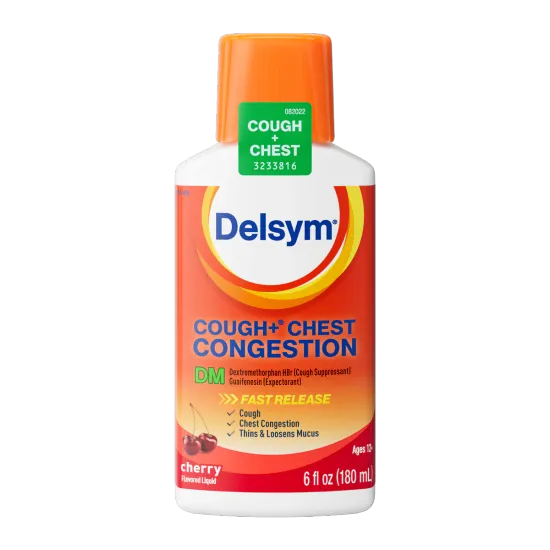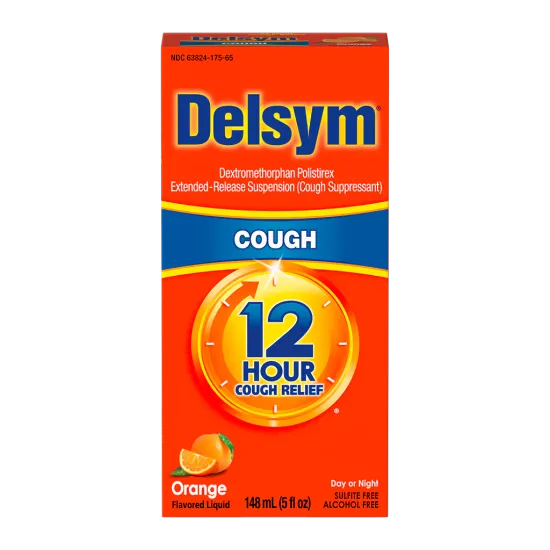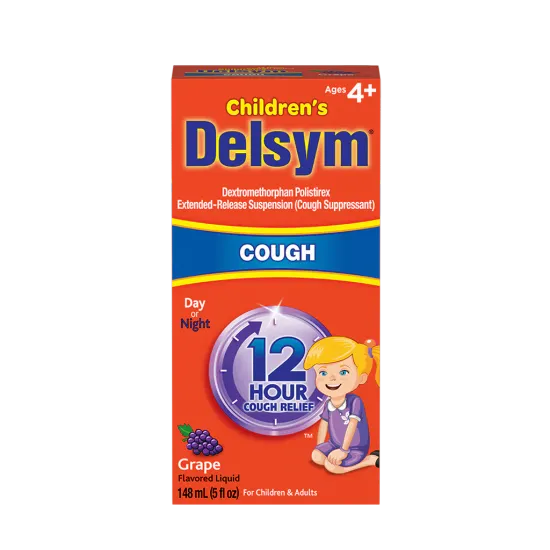
How to get rid of a dry cough



Runny nose, gone. Sore throat, gone. But that hacking cough just won't go away. It's keeping you and your loved ones up at night and has kept most of your co-workers away. While a cough from a cold typically disappears after a few days or a week, it sometimes can stick around for weeks or even months.
About That Cough
Why do you cough? Coughing is a defense mechanism aimed at protecting your lungs from foreign invaders. These invaders include not only the germs that cause the common cold, but also allergens, smoke, environmental chemicals and even stomach acid. So, you cough to expel mucus and microorganisms that may already be in your lungs with the ultimate goal of preventing infection or inflammation.
The Chronic Dry Cough
A cough that lasts weeks or longer is considered a chronic cough and is one of the most common reason people go see their doctor. This type of cough is usually due to hypersensitive bronchial tubes, which are easily irritated by dry air, cold air or other irritants.
There are a number of possible causes for prolonged coughing, but the most common include smoking, gastroesophageal reflux (also called GERD), chronic bronchitis, asthma or postnasal drip. Smoking is the leading cause of the chronic cough and is worrisome because the same irritant that causes smoker's cough can also lead to more serious health issues such as lung cancer, pneumonia or emphysema.
While asthma and chronic bronchitis seem like obvious cough culprits, you may wonder how GERD can be one of the major causes. It turns out that the stomach acid that causes heartburn also stimulates the nerves in your throat that trigger a cough reflex. In fact, a third of people with GERD are diagnosed not because of heartburn, but due to a constant cough.
When It's Postnasal Drip
If your cough is worse when you're trying to sleep, then it's most likely due to postnasal drip. Mucus from your nose drips down into your throat and tickles the nerves that trigger your cough. Postnasal drip usually results from allergies or a lingering cold.
Luckily, home remedies can help you manage this type of coughing. Over-the-counter cough suppressants such as Delsym® Extended-Release Suspension Cough Liquid for 12 hour cough relief or a cough suppressant and decongestant such as Delsym® Cough+ Chest Congestion DM may help to alleviate that tickle so you can get the rest you've been missing. Hot steam from a shower or nasal irrigation is also a beneficial treatment for postnasal drip.
When to See Your Doctor
If home remedies don't ease your cough, it may be time to see your doctor to determine cause and treatment. It's also a good idea to see your doctor if your cough is accompanied by other symptoms such as shortness of breath, fever, wheezing, chest pain, night sweats or weight loss.
Summary
Coughing for more than a week is painful and exhausting, but if your cough lasts longer than 2 months, you may be dealing with a chronic cough.
.avif)